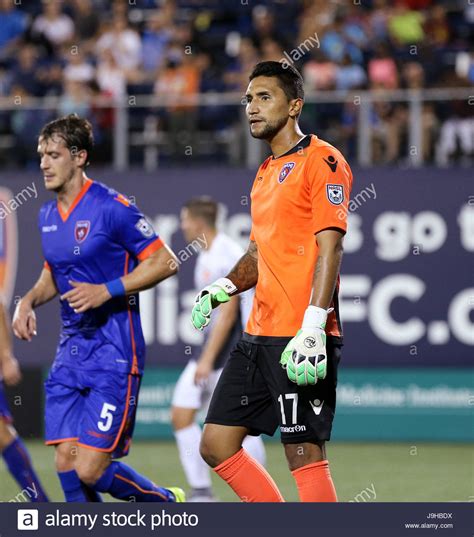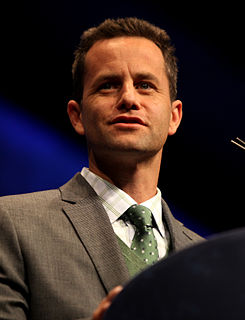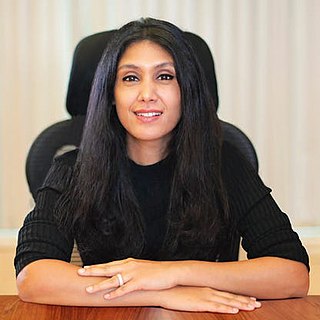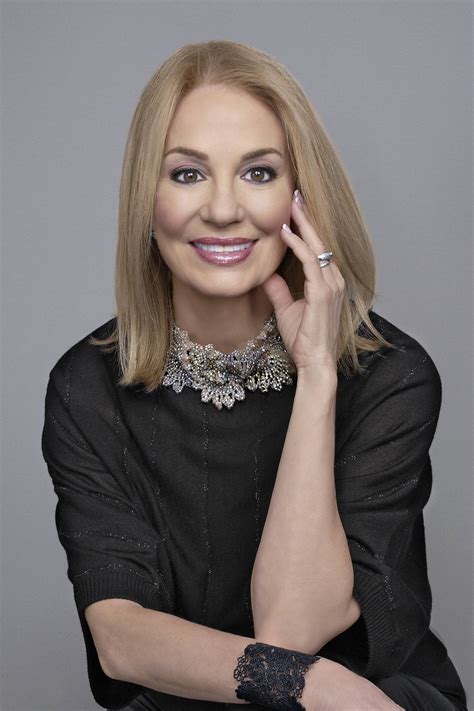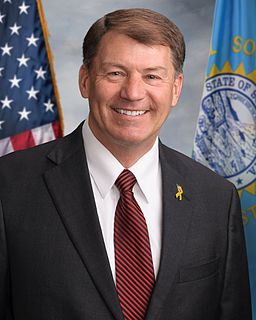A Quote by Mike Murdock
Leaders make decisions that create the future they desire.
Related Quotes
It is my goal to love everyone. I hate no one. Regardless of their race, religion, their proclivities, the desire of their heart and how they want to live their life and the decisions that they make. I can even respect people's decisions and lifestyle choices just as I hope they have the courtesy to respect my decisions and my choices.
If we all make systematic mistakes in our decisions, then why not develop new strategies, tools, and methods to help us make better decisions and improve our overall well-being? That's exactly the meaning of free lunches- the idea that there are tools, methods, and policies that can help all of us make better decisions and as a consequence achieve what we desire-pg. 241
In the face of ambiguity, uncertainty, and conflicting demands, often under great time pressure, leaders must make decisions and take effective actions to assure the survival and success of their organizations. This is how leaders add value to their organizations. They lead them to success by exercising good judgment, by making smart calls when especially difficult and complicated decisions simply must be made, and then ensuring that they are well executed.
Schools like Doon or Lawrence in Sanawar didn't decide to create leaders when they started. Look at their alumni list today, and you have a former prime minister, Olympic gold medallist, army generals, cabinet ministers, and leaders in different spheres. Some kind of training started at the school level itself that helped create leaders.
The way to make better decisions is to make more of them. Then make sure you learn from each one, including those that don't seem to work out in the short term: they will provide valuable distinctions to make better evaluations and therefore decisions in the future. Realize that decision making, like any skill you focus on improving, gets better the more often you do it.
Instead of the primitive raw material economy, we will create a smart economy generating unique knowledge, new useful things and technologies. Instead of the archaic society, in which the leaders think and make decisions for everyone, we will become a country of intelligent, free and responsible people.
The human experience can almost be summed up in the observation that, whereas all decisions are of the past, all decisions are about the future. The image of the future, therefore, is the key to all choice-oriented behavior. The character and quality of the images of the future which prevail in a society is therefore the most important clue to its overall dynamics.

